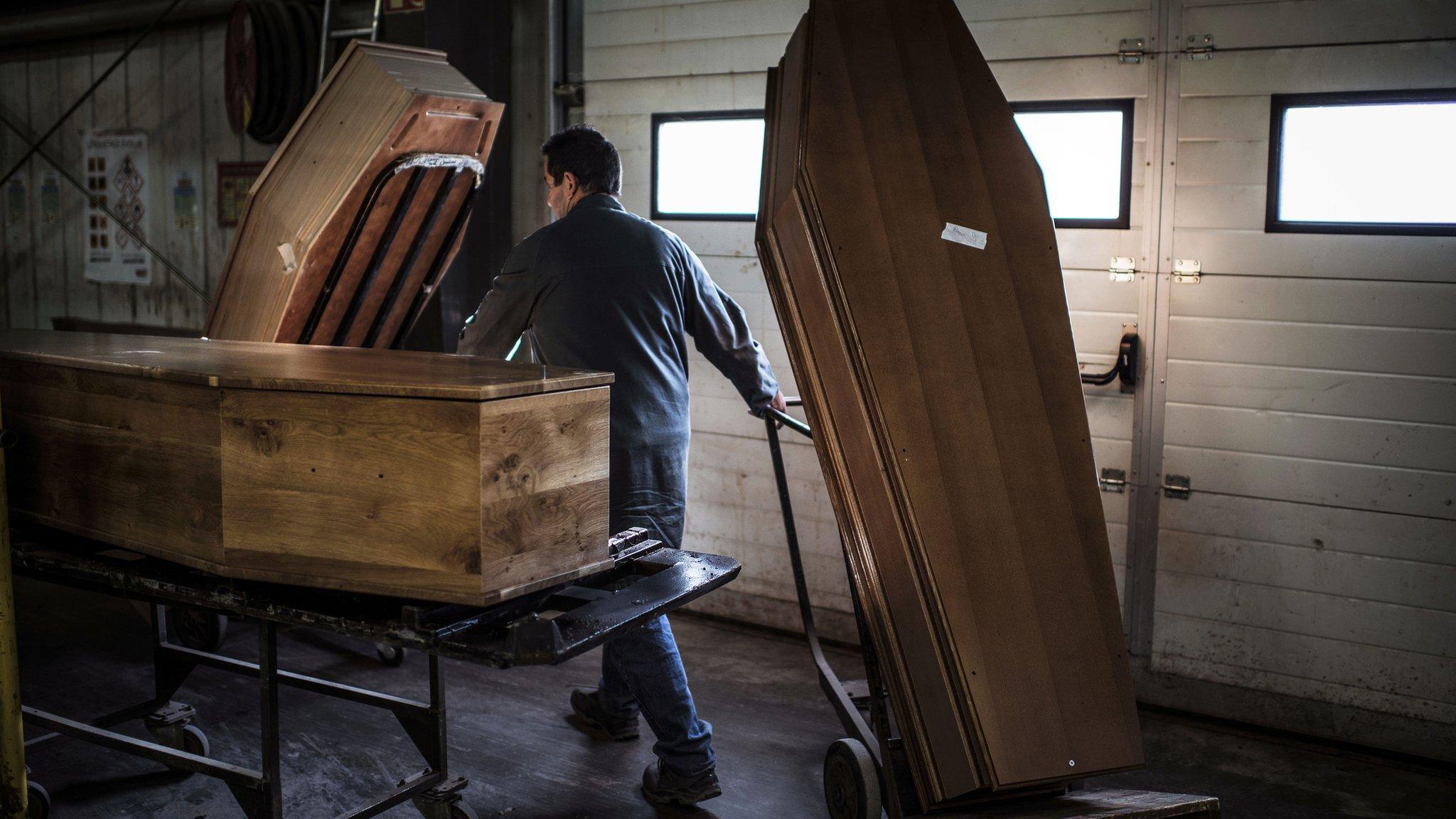Flintshire bucks the national trend for more burials
- Published
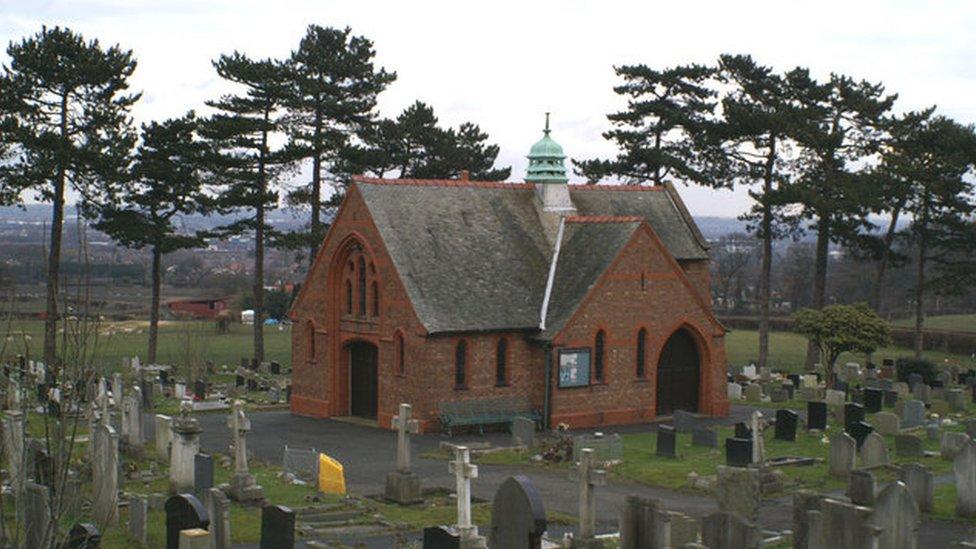
Graveyards across Flintshire are running out of space
When it comes to a choice between cremation and burials - Flintshire is bucking the national trend.
While the rest of the UK favours cremation, 70% of residents in the north Wales county prefer to be buried.
However the result of that "unusual" trend is a growing pressure on the local authority to provide larger cemeteries.
Now Flintshire council has approved an £825,000 scheme to increase three graveyards to cope with demand.
Approximately 280 people are buried each year in Flintshire, despite the rising cost, with 120 opting for cremation.
However almost 60% of people in the rest of the UK prefer to be cremated.
"Flintshire has the direct opposite of the national trend, which is very unusual and I don't know why it's different," said council deputy leader Carolyn Thomas.
"Without action being taken to address the shortage of burial space, local residents will no longer be able to be laid to rest in a local cemetery with other family members and loved ones."
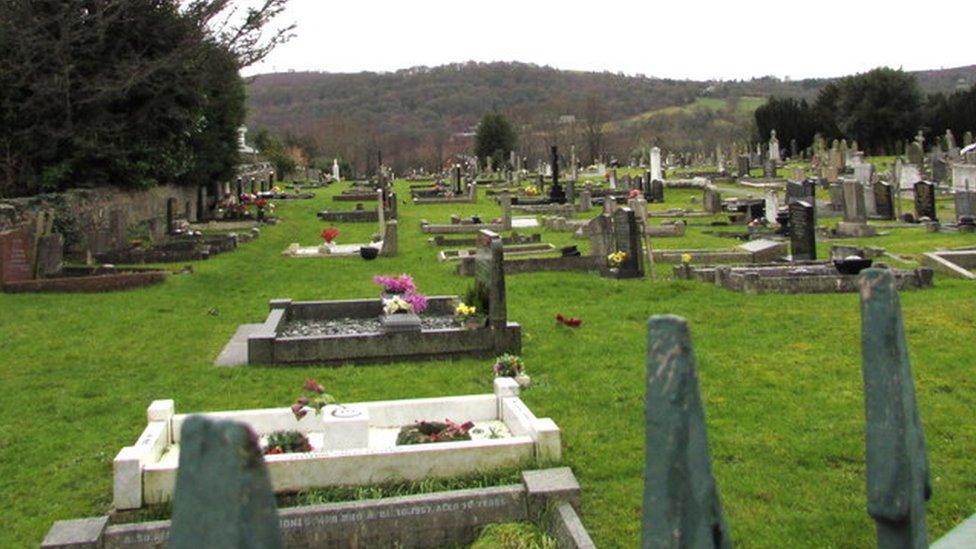
Flintshire council has been forced to buy extra land to cope with the high funeral rate
Now the council has approved plans to approve buying land next to burial grounds in Hope and Hawarden, as well as looking to create more room in Buckley.
It said the cost of the schemes would be offset by the income generated in fees, according to the Local Democracy Reporting Service.
Why is Flintshire bucking the trend?
A senior council officer offered the cabinet, at a meeting on Tuesday, one possible reason.
"One reason suggested is that people want to belong in their community and leave their mark," said Steve Jones.
"Building a cemetery isn't a five-minute operation as there are environmental issues and discussions needed with neighbours.
"It shows a commitment to communities and connects the council to those communities."
- Published16 September 2019
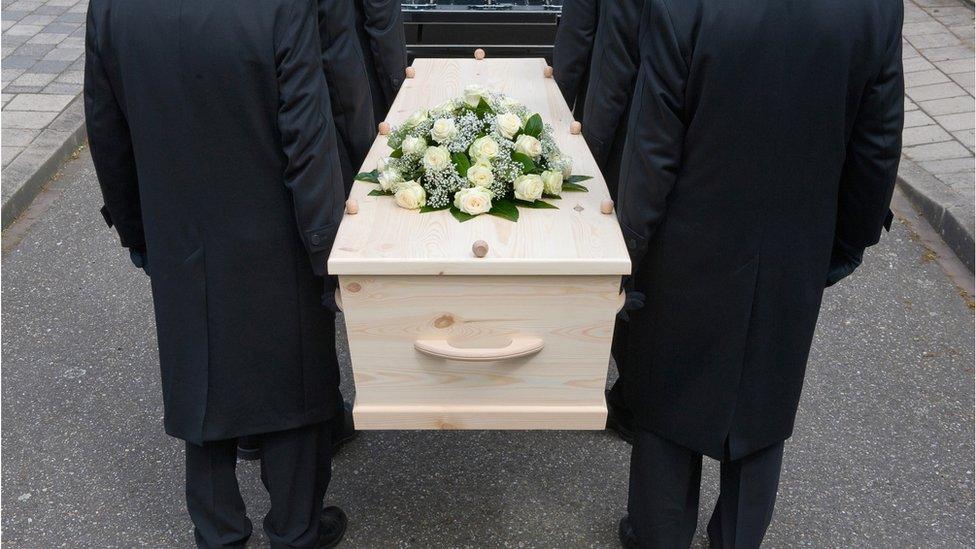
- Published9 August 2019
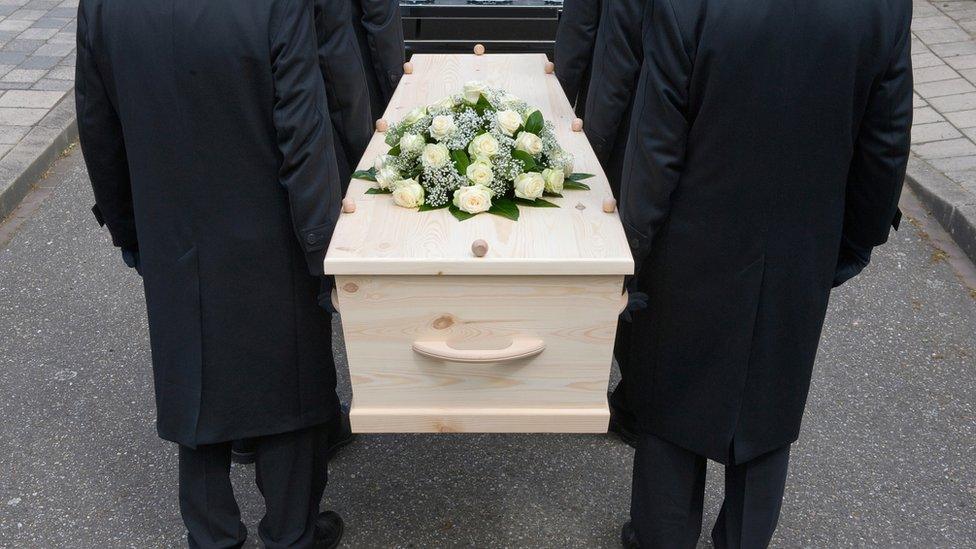
- Published5 July 2019
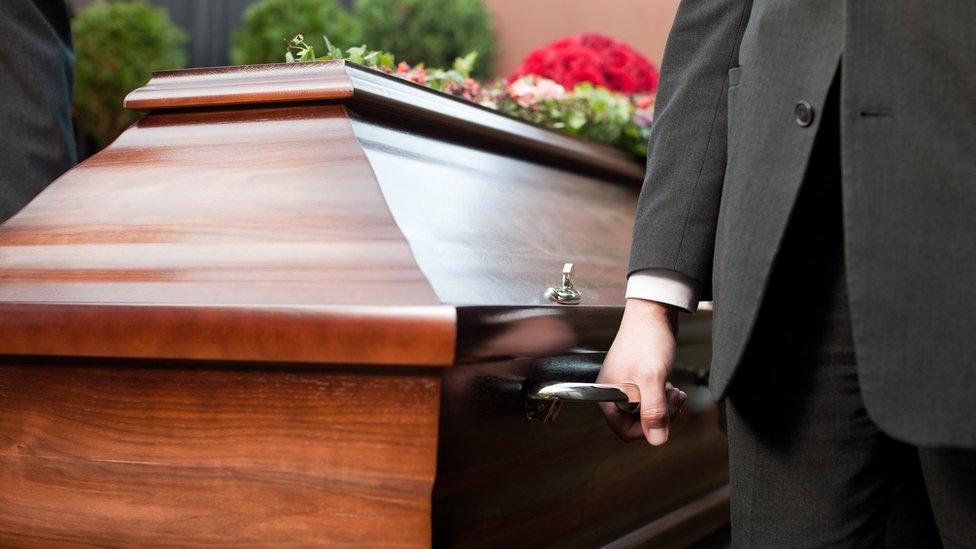
- Published28 March 2019
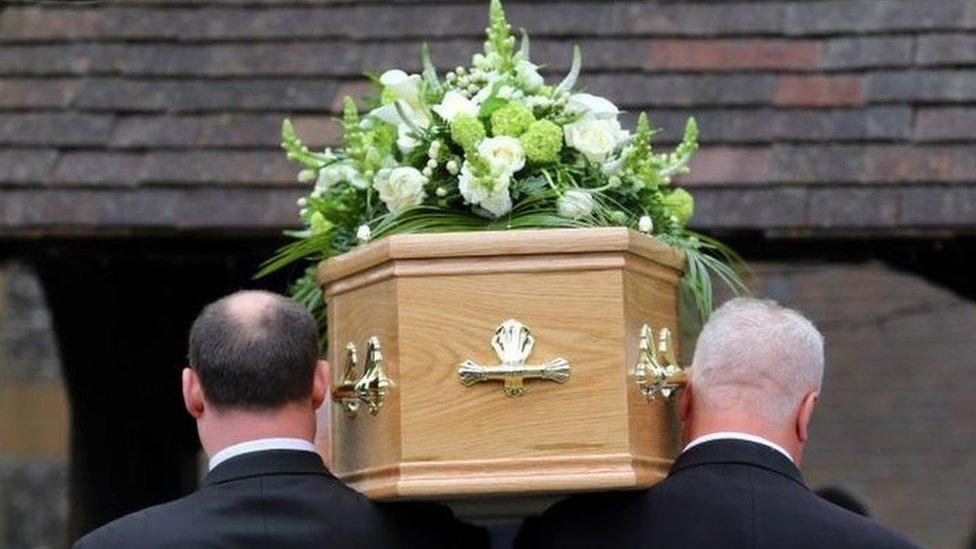
- Published9 January 2019
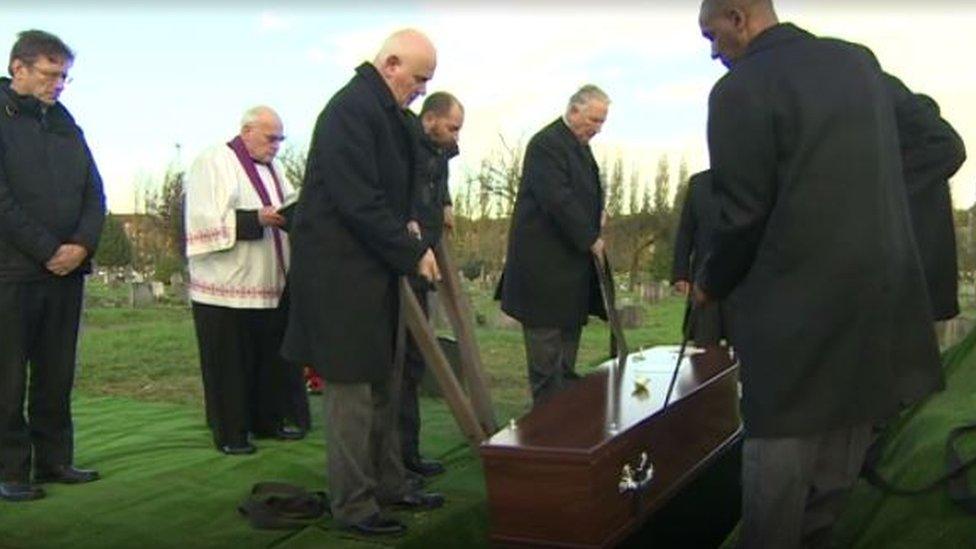
- Published17 May 2018

- Published18 August 2016
